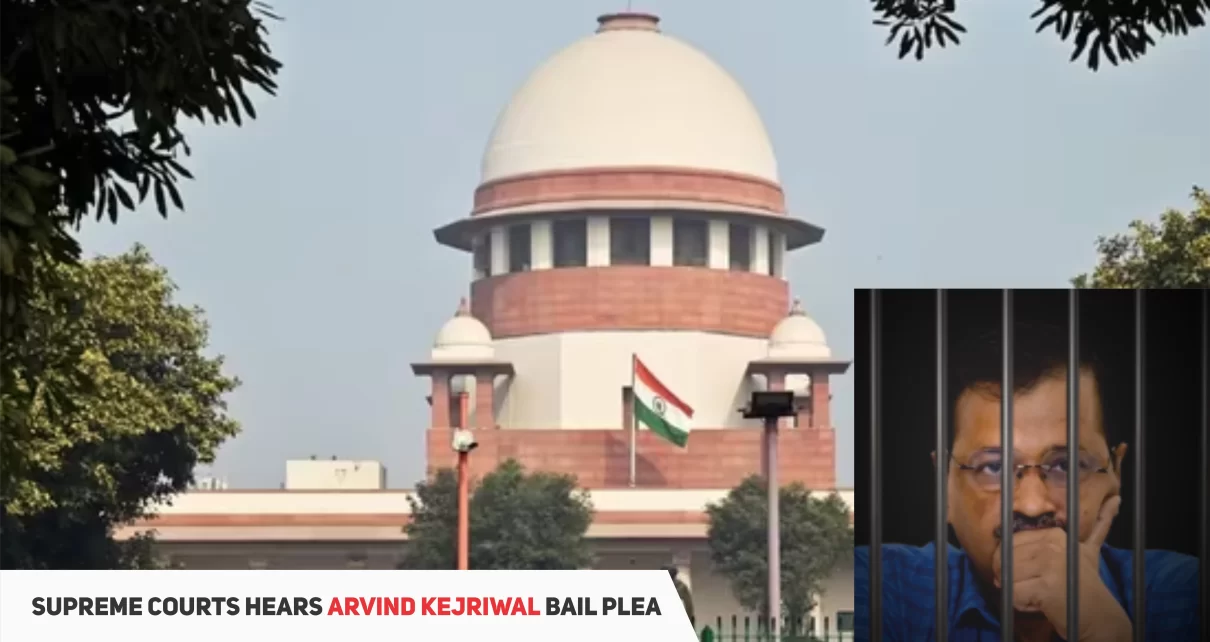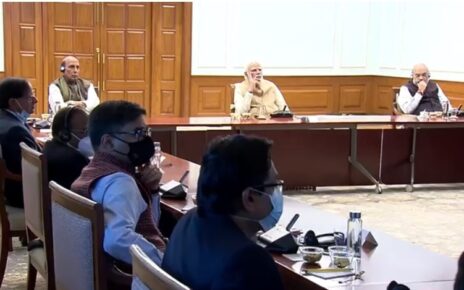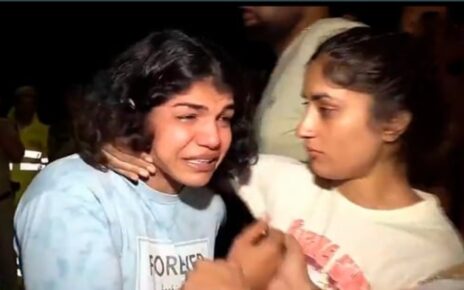Amidst the allegations of corruption and money laundering related to Delhi’s excise police, the Supreme Court has decided to hear Delhi’s Chief Minister Arvind Kejriwal’s bail plea. He has been in judicial custody since his arrest on March 21, by the Enforcement Directorate and has sought interim bail, particularly citing the ongoing elections.
During the hearing, the bench and counsels representing various parties shared their beliefs regarding the situation. Senior advocate Abhishek Manu Singhvi, representing Kejriwal, focused attention on the democratic rights of the Chief Minister and questioned the severity of the charges against him, asserting that Kejriwal was neither a hardened criminal nor a terrorist.
The Enforcement Directorate countered Singhvi’s arguments, highlighting Kejriwal’s alleged evasion of nine summonses and refusal to cooperate with the investigation. They emphasized the gravity of the charges and the need for a thorough investigation of the allegations.
Justice Sanjiv Khanna, who is leading the bench, expressed concerns about potential conflicts of interest if Kejriwal were to perform official duties on interim bail, indicating a reluctance to interfere with the functioning of the government. They also asked the ED to justify a delay in the probe and sought case files before Kejriwal’s arrest to assess the agency’s actions.
Also Read: Arrest Of Delhi CM Arvind Kejriwal Sparks Condemnation Across Punjab, Haryana
The ED also presented evidence, stating Kejriwal’s stay at a luxury hotel during the 2022 Goa Assembly elections, and that the expenses were allegedly covered by the individuals involved in the AAP’s campaign. ED confirmed that the investigation is solely based on the facts and that they aren’t influenced by politics.
During the hearing, the court discussed whether giving temporary bail to Kejriwal would be a bad example of how politicians are treated too easily for doing something wrong. They emphasized the need to balance Kejriwal’s rights with the integrity of the legal process and the public interest.
After the hearing, the bench has not served any judgment so far on the bail plea. As the legal battle unfolds, the case continues to attract public attention, highlighting the intersection of politics, law, and governance in Indian politics.




